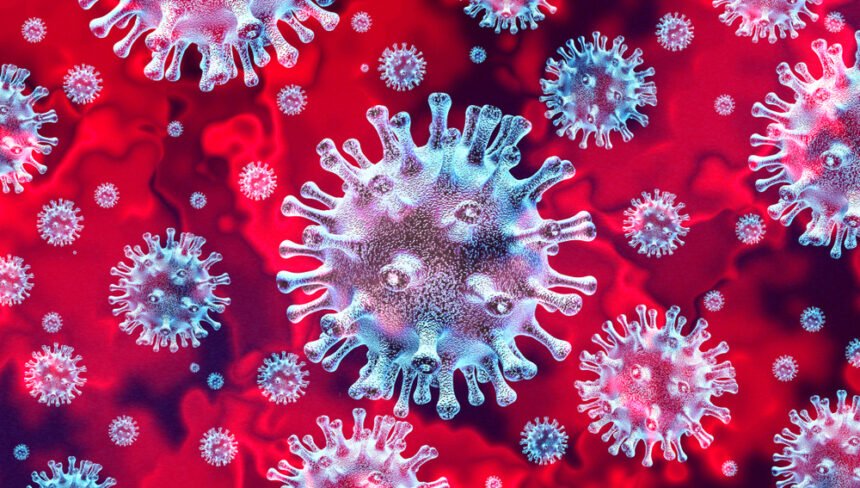The novel coronavirus has taken the lives of many people across the globe. Almost five months since it was first discovered, the virus, which was believed to be transmitted from animals to humans, has been attributed to claiming nearly 90,000 human lives, as of this writing. Now that people are spending their time at home with their family and pets, many are asking if their pets can contract the virus.
Can Pets Contract the Coronavirus?
It is pretty common for our pets — both dogs and cats — to sneeze, cough, and even have a fever. However, these symptoms do not mean that they have COVID-19. Many, however, began considering this possibility after the Agriculture, Fisheries and Conservation Department (AFCD) of Hong Kong noted that one dog tested positive for the virus, even if it did not present any symptoms of the disease. Just recently, another dog in Hong Kong tested positive for coronavirus. And adding insult to injury, a number of the tigers in the Bronx zoo also tested positive. However, experts are claiming this is to be an expected case, as coronaviruses are zoonotic, which means that they can quickly transfer from one animal to another. Both the World Health Organization (WHO) and the U.S. Centers for Disease Control and Prevention (CDC) downplayed this finding and claimed that the test detected a “weak positive.” They also further contended that no evidence exists to prove with certainty that pets can suffer from the virus. While there are plenty of coronavirus strains present in animals, particularly in bats, no data suggest that the family dog is able to transmit the coronavirus to its human owners.
The Real Danger
Experts and animal advocates expressed that the real danger of these incidents is that it can cause misguided fears among pet owners. Some pet owners don’t have a second thought about giving up their pets for adoption or just leaving them outside to fend for themselves. In fact, some are asking their veterinarians to euthanize their dogs due to the fear of getting the virus from their dogs. Others are even seeming quite concerned when dealing with a dog bite problem because they feel that it might predispose them to suffer from the dreadful SARS-CoV-2 virus.
Disease Carriers
Perhaps the main reason people are so concerned about their dogs and cats getting the coronavirus is that the disease is considered a pandemic that has claimed many lives. For several years, animals have been silent carriers of viruses that cause human illness. Aside from leptospirosis, salmonella, listeria, and fatal rabies, dogs and cats also have superbugs. And like the coronavirus, these illnesses also target immunocompromised individuals. Some of these diseases can be fatal to humans once they get infected. Further studies are necessary to establish whether pets can become vectors of the SARS-CoV-2 virus or not. For now, everyone is advised to exercise caution.
How to Keep Yourself and Your Pets Safe from the Coronavirus
Health experts advise thorough and proper handwashing. When you walk your dog or when you clean its waste, make sure to always wash your hands afterward. It would also be best if you can keep your pet’s vaccines updated at all times. Both you and your furry friend should take the necessary vitamins. As much as possible, you should also wash your pet’s paws if you need to go for a walk outside and leave all your shoes outside, particularly now that a study revealed that the coronavirus can thrive on the soles of the shoes and can spread up to 13 feet in the air. It would also be best to avoid allowing your pets to lick your mouth or any open wounds.
According to the CDC, to keep pets safe from the threat of coronavirus, they should be treated the same way as you would another member of the family. As such, they should be quarantined with you as well. Never let them go near a stranger or let them wander around your neighborhood. If anyone in the family gets sick, they should not be allowed to interact with the dog or cat.
How to Prepare Pets for Coronavirus-Related Quarantine
If you notice any health changes in your pets, inform your vet right away. If they vomit, cough, or suffer from shortness of breath, call your vet and relay the symptoms. They are the best source to guide you on next steps. To make sure that you don’t have to deal with your pet having coronavirus, you also have to make sure that your pets are part of your preparedness plan. Once you go out, make sure that they have the necessary vitamins and food packs.
If your pet has important medication that needs to be taken regularly, arrange to get extra medication from your vet. If your state isn’t on quarantine or lockdown yet, take time to update your pet’s vaccinations. It would also be helpful to prepare an area in your home where you and your pet can do most of your activities while maintaining social distance from your neighbors. Make sure that they have a schedule that will allow them to run and play in your home. Activities are particularly vital if your pet is naturally active. This will ensure that their bodies remain healthy and productive to fight any disease whether it be the deadly coronavirus or something else. Like humans, they can also be prone to depression if they don’t get their daily exercise. As much as possible, maintain the same activities that they are used to.
The novel coronavirus is wreaking havoc around the world, and it is significantly changing how people live their lives. Sadly, it has changed the lives of our pets as well. However, not all hope is lost. Some of those in quarantine are thankful that they have their pets with them to help them cope with the coronavirus scare, especially now that more and more individuals are suffering from anxiety and depression brought about by the isolation process.







